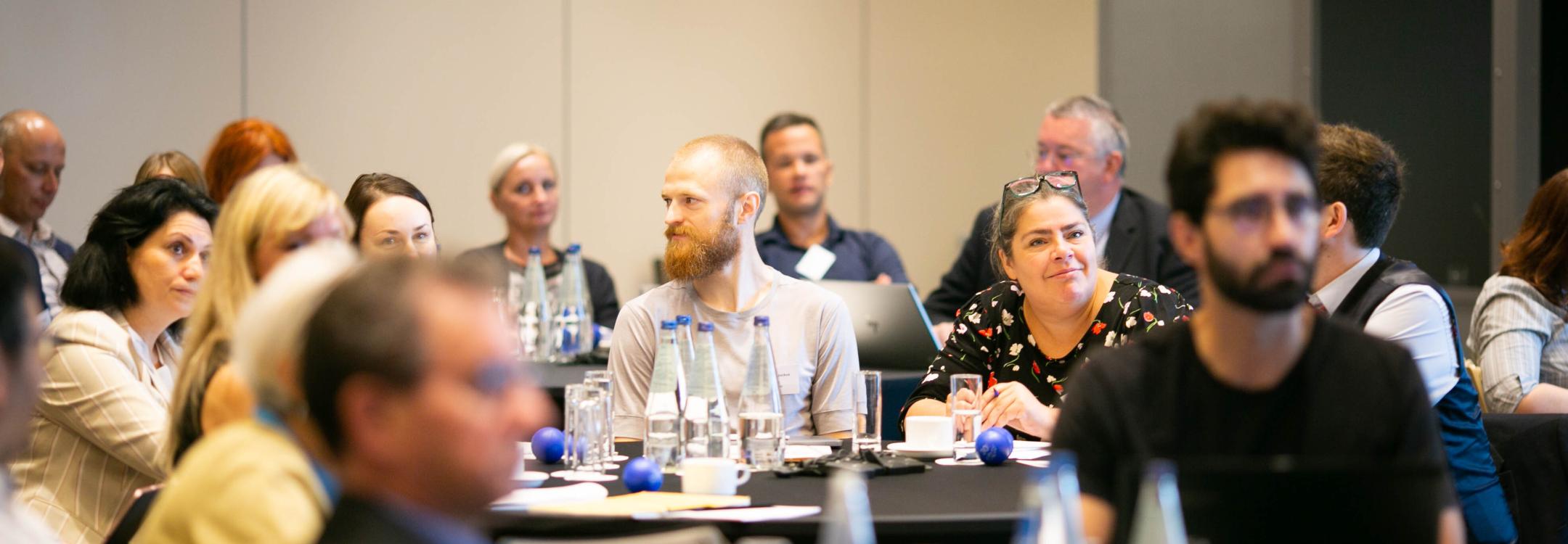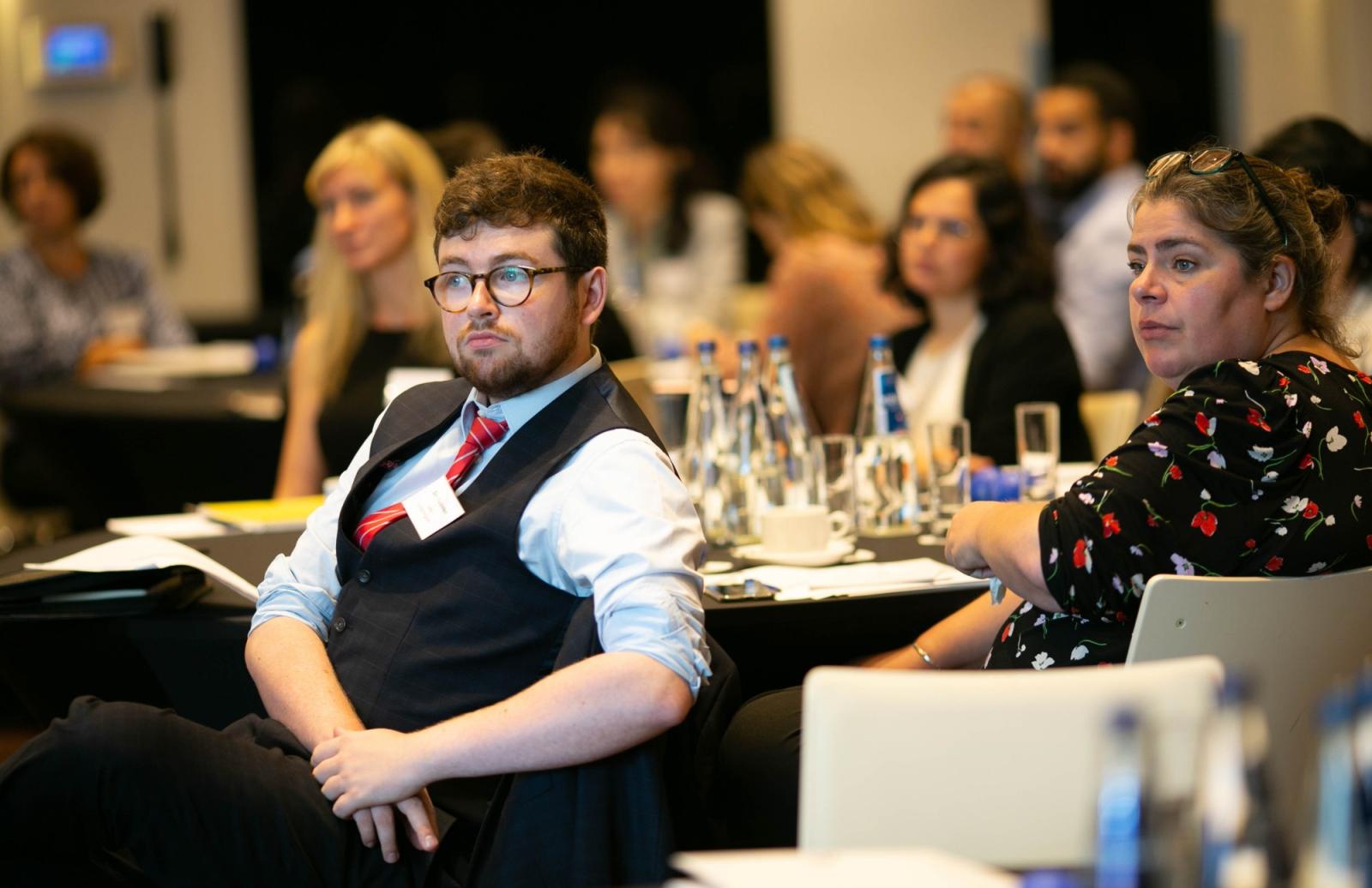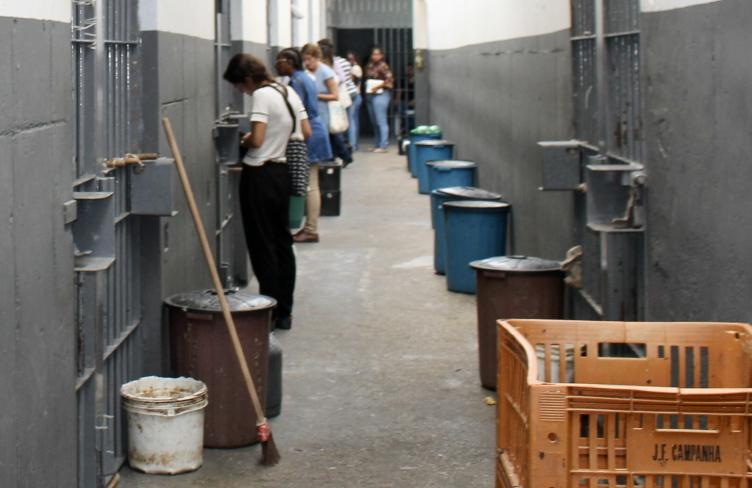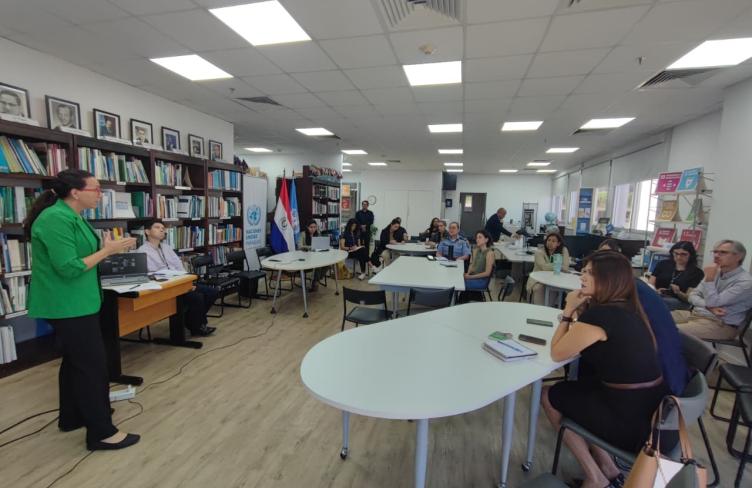
Detention monitors and torture prevention experts in the OSCE region recently met to share their insights for ensuring better protection of persons deprived of liberty, with a focus on preventing abuses resulting from the inappropriate use of force and equipment in custodial settings.
The 5th APT/ODIHR meeting on torture prevention took place in Warsaw, Poland, from 24-25 August 2022. The gathering – the first face-to-face meeting in three years because of COVID restrictions – brought together representatives from 22 national preventive mechanisms (NPMs), 14 NGOs and two international and regional monitoring mechanisms.
“The use of weapons, equipment and tools that may have a legitimate purpose continue to cause numerous deaths and severe injuries in places of deprivation of liberty,” said Andrea Huber, Head of Human Rights Department at OSCE Office for Democratic Institutions and Human Rights (ODIHR).
“Monitoring the use of force and law enforcement equipment used by States’ officials is therefore essential to efficiently prevent torture and other ill-treatment in custodial settings,” Ms Huber added.
However, participants noted that too often regulations, policies, internal rules or laws legislating the use of weapons, tools, tactics and equipment at the national level are overlooked and not fully implemented. A failure to comply with these standards inevitably leads to systematic acts of torture and ill-treatment, including cases of death or severe injury.
Furthermore, participants underlined that discrimination in law enforcement can translate into harmful practices that target some groups who are in situations of vulnerability. Institutional culture and the lack of adequate investment in recruitment and training of law enforcement also heighten the risks for persons deprived of liberty, while transfers, searches and interrogations are moments of heightened risk that need to be closely monitored.
Discussions also highlighted the critical importance of monitoring the implementation of key safeguards in the first hours of police custody.
Force and coercion are frequently used to gather information during investigations which inevitably lead to forced confession and the inadmissibility of evidence during trials. Addressing the use of excessive force requires structural changes in policing.
“We now have a proven approach to tackle this issue from a holistic approach,” said APT Deputy Secretary General Audrey Olivier Muralt, who introduced the Principles on Effective Interviewing for Investigations and Information Gathering to the participants.
“The Méndez Principles support a move away from a culture of interrogation, which is often coercive and confession-driven, and replace it with a practice of interviewing where the objective is to gather reliable and accurate information,” Ms Muralt added.
While States have a legal obligation under the UN Convention against Torture to take measures to prevent torture and other ill-treatment, law enforcement and other State actors are rarely held accountable.
The revised Istanbul Protocol – also known as the Manual on Effective Investigation and Documentation of Torture and Other Cruel, Inhuman or Degrading Treatment or Punishment – was presented as a tool to promote greater accountability, by providing clear guidance for medical, law enforcement, prosecution, judicial and other professionals, including monitors from NPM and civil society organisations.
As this year marks the 20th anniversary of the adoption of the Optional Protocol to the Convention against Torture, the workshop was also an opportunity for NPMs to reflect on their impact and achievements over two decades.
“Over this time, NPMs have developed deep expertise on many issues,” Ms Muralt said. “The majority have also succeeded in achieving concrete changes in laws, policies, prisons rules or in institutional cultures in places of detention.”





